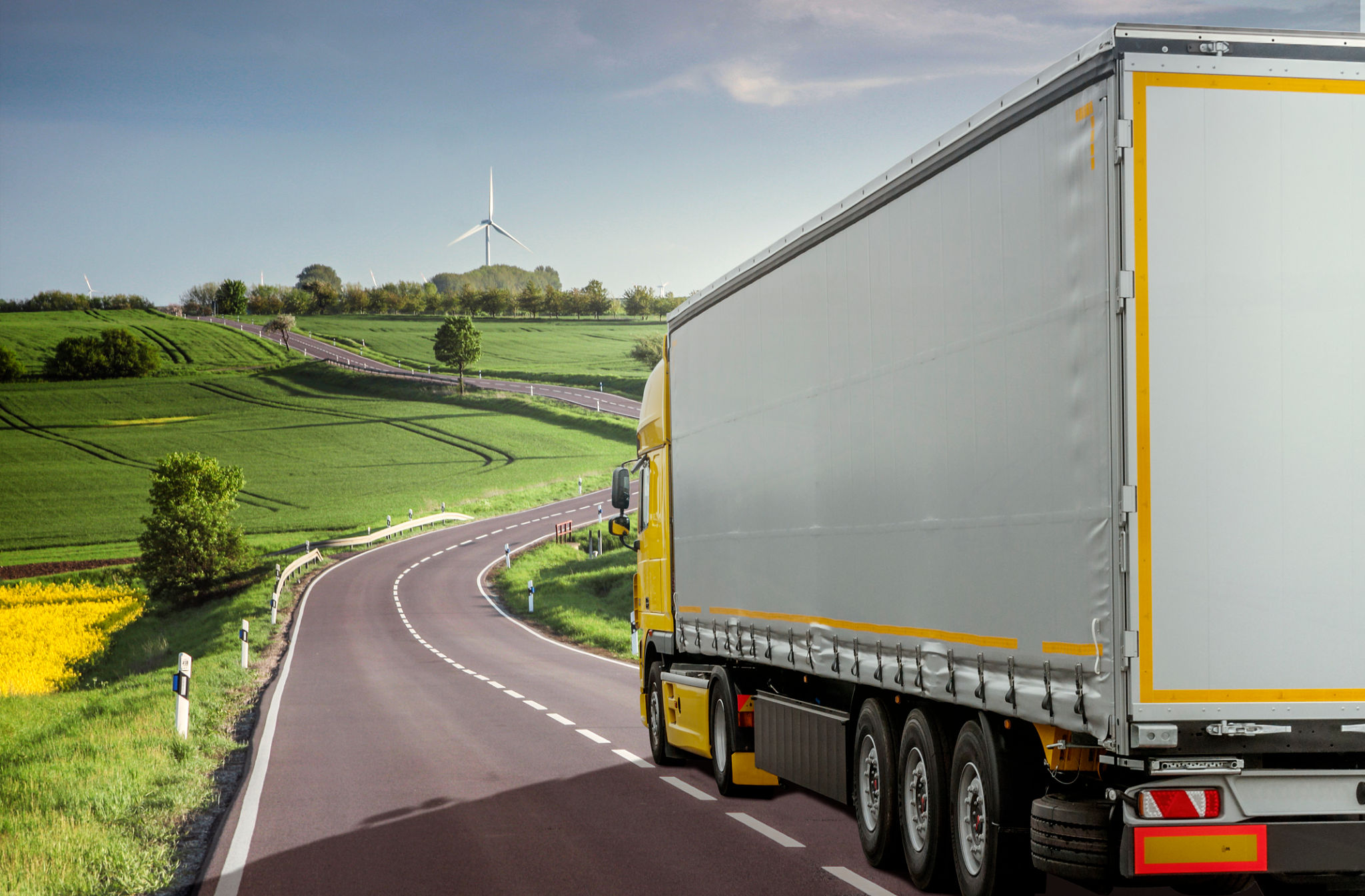The Impact of Luxembourg's Regulations on Supply Chain Management
Luxembourg, a small yet influential European country, has long been known for its robust economic and regulatory environment. Its regulations impact various sectors, including supply chain management, which plays a crucial role in global commerce and trade.
Luxembourg's strategic location in the heart of Europe makes it a pivotal hub for international trade. The country's regulations are designed to streamline logistics and ensure efficiency in supply chain operations. This focus on regulatory excellence has positioned Luxembourg as a leader in the logistics sector.

The Role of Luxembourg's Regulations
Regulations in Luxembourg are crafted to support transparency, compliance, and sustainability in supply chain management. These regulations are aligned with European Union standards, ensuring that businesses operating in Luxembourg adhere to high-quality practices.
For companies involved in cross-border trade, Luxembourg offers a stable regulatory framework that minimizes risks and enhances efficiency. This is particularly significant for industries that rely on timely and efficient supply chain operations, such as automotive and technology sectors.
Compliance and Risk Management
One of the primary benefits of Luxembourg's regulatory environment is its emphasis on compliance and risk management. Companies are required to comply with stringent standards, which helps in mitigating risks associated with supply chain disruptions.
Moreover, Luxembourg's regulations provide clear guidelines on handling logistics operations, ensuring that companies can navigate complex supply chains with confidence. This focus on compliance not only reduces potential legal issues but also enhances the reputation of businesses operating within the country.

Sustainability and Innovation
Sustainability is a key consideration in Luxembourg's regulatory framework. Companies are encouraged to adopt eco-friendly practices and reduce their carbon footprint. This push towards sustainability aligns with global trends and helps companies in Luxembourg remain competitive on the international stage.
Innovation is another aspect where Luxembourg's regulations have a significant impact. The country supports technological advancements in logistics, such as the use of automation and data analytics. This fosters an environment where businesses can innovate and improve their supply chain processes.
Challenges and Opportunities
While Luxembourg's regulations offer numerous benefits, they also present challenges. Companies must stay informed about regulatory updates and ensure continuous compliance. However, these challenges are outweighed by the opportunities for growth and efficiency.
Businesses that successfully navigate Luxembourg's regulatory landscape can leverage the country's strategic location, advanced infrastructure, and supportive policies to enhance their supply chain operations. This positions them for success in the competitive global market.

In conclusion, Luxembourg's regulations have a profound impact on supply chain management. By prioritizing compliance, sustainability, and innovation, Luxembourg provides a conducive environment for businesses to thrive. As global trade continues to evolve, Luxembourg's regulatory framework will remain a vital component in shaping the future of supply chain management.